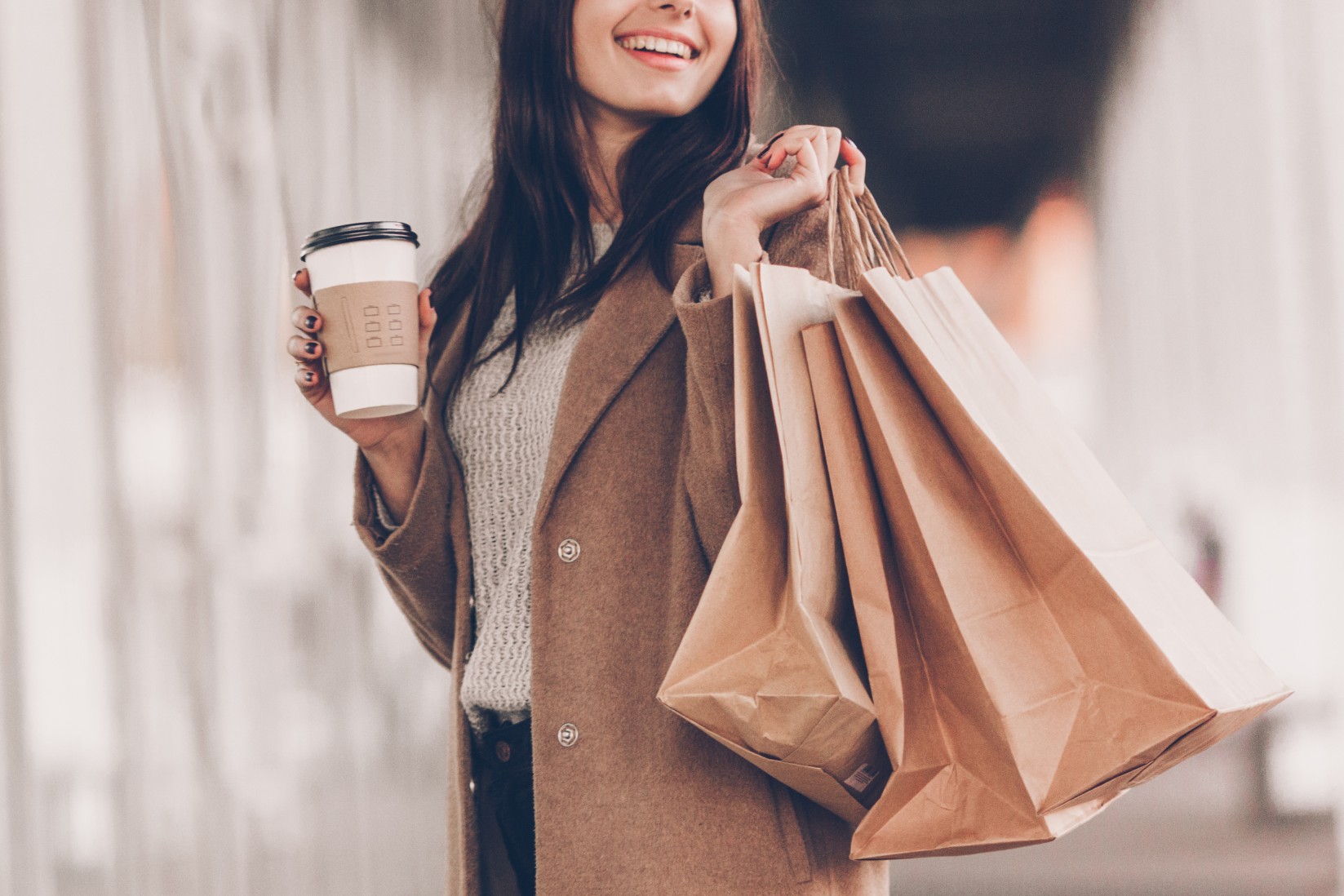How a Rainy Night and Beyoncé Kept DC Metro Running
August 9, 2023
In the captivating world of music and entertainment, artists wield a unique power that extends beyond the boundaries of the stage, leaving an indelible mark on the hearts and minds…

If you want to cut back on your impulse buying, you might want to hold off on drinking that cup of coffee before you head into a store—or even when you shop online. The reason: The coffee might prompt you to spend a lot more money unnecessarily.
A new international study led by researchers at the University of South Florida found that the caffeine in coffee has an effect on what you purchase and how much you spend while you are shopping.
Essentially, the caffeine prompts you to spend a whole lot more money—largely on items that are unnecessary.
How much more? To find the answer to that question the research team ran three tests in retail stores, noting that coffee bars increasingly have been added near their entrances. They found that shoppers who drank a free cup of caffeinated coffee before they roamed through the stores spent 50% more money on their shopping and bought 30% more items than those who drank decaffeinated coffee or water.
Caffeine, which is a powerful stimulant, sends dopamine into the brain, explains Dipayan Biswas, lead author of the study and a professor of marketing at the University of South Florida. That stimulus, in turn, boosts impulsivity and lowers a person’s self-control.
As a result, drinking caffeine leads you to become more impulsive while you are shopping—and it shows up when you buy additional items and spend more money.
Here is how the experiments worked:
The researchers set up an espresso machine at the entrances of retail chain stores and a home goods store in France as well as a department store in Spain.
More than 300 shoppers were given a cup when they entered the store. They could then order regular caffeinated coffee, decaffeinated coffee, or water. After they completed their shopping they shared their receipts with the research team as they left the store.
The researchers found that those who selected the caffeinated coffee spent more cash and bought a significantly higher number of items than those who had water or decaf coffee.
Not only that, but the researchers found that the caffeine also had an effect on what kind of items the shoppers purchased. Those who drank the caffeinated coffee purchased more items that were not essential compared with the other shoppers. Among those less-essential purchases were fragrances and scented candles.
The research team found only a slight difference between the two groups when it came to essential items, such as storage baskets and kitchen utensils.
As part of a test of their findings, the researchers set up a fourth experiment in a laboratory.
They recorded similar results, but on this occasion online shopping was involved.
The team divided 200 business school students in the study between those who drank caffeinated coffee and those who drank decaffeinated coffee. They asked them to select which items they would buy from a list of 66 choices.
Those who drank caffeinated coffee selected more items regarded as impulsive buys, such as a massager, whereas the others chose items that were more practical, such as a notebook.
Whereas moderate amounts of caffeine can be positive for your health, unintended consequences can result when you are caffeinated while shopping, Biswas says.
The message is clear: If you are trying to control your impulse spending you should avoid drinking caffeinated beverages before you shop, he adds.
The study appears in the Journal of Marketing